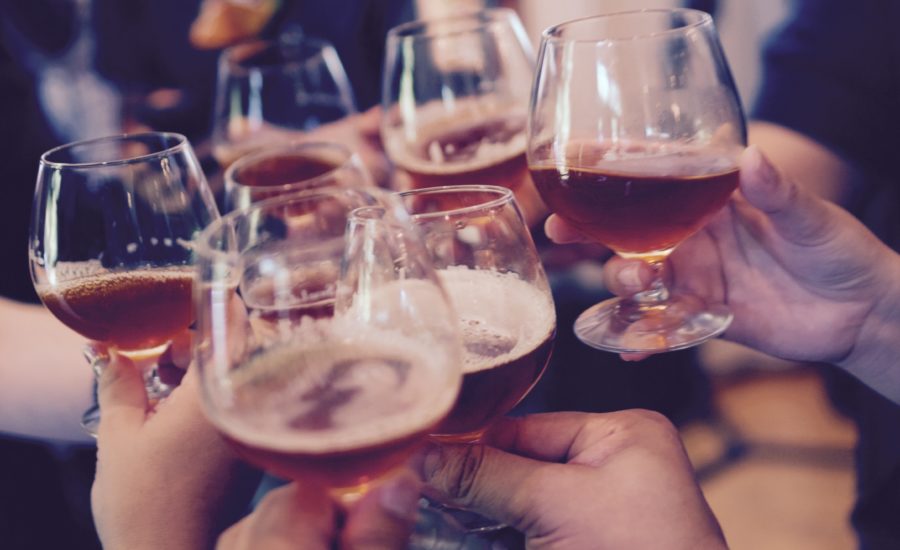What hosts need to know about serving alcohol at a house party
Pete wants to know whether he is legally responsible if a guest gets drunk at his house party and then has an accident driving home.
Advertisement
Pete wants to know whether he is legally responsible if a guest gets drunk at his house party and then has an accident driving home.

Share this article Share on Facebook Share on Twitter Share on Linkedin Share on Reddit Share on Email